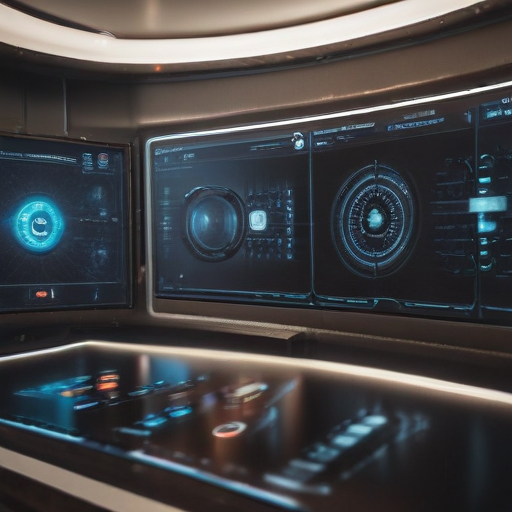In a significant move aimed at bolstering the United States’ position in artificial intelligence, President Donald Trump has unveiled a groundbreaking private sector initiative. Dubbed the Stargate Project, this initiative marks what Trump calls “the largest AI infrastructure project in history by far,” with an ambitious goal of investing up to $500 billion over the next four years to develop essential AI infrastructure.
The collaboration brings together notable technology and investment giants, including OpenAI, Oracle, SoftBank, and MGX, who have committed substantial funds, starting with an immediate injection of $100 billion. The technology backbone will be supported by industry leaders such as Arm, NVIDIA, and Microsoft, ensuring that the necessary facilities, equipped with advanced computing power and data processing capabilities, will be created to meet the growing demands of AI development.
As the project gears up, evaluations of potential campus locations across the United States, beginning in Texas, are already underway. The Stargate Project is expected to create over 100,000 jobs, fueling both economic growth and technological innovation within the country.
The announcement follows the revocation of previous regulatory frameworks concerning AI, which had been implemented under then-President Joe Biden. These regulations had focused on managing risks associated with AI technologies, including issues of surveillance and public safety. Trump’s decision to roll back these restrictions has garnered a range of responses, particularly from those advocating for regulatory oversight, who warn of the potential dangers posed by unchecked AI development.
While supporters of the Stargate Project emphasize its potential to propel the US ahead in the global AI race, dissenting voices point to the need for transparency and safety in AI applications. Experts have expressed concern that minimizing constraints may lead to monopolistic control in the AI sector, concentrating power and influence within a select group of companies based in the U.S.
The geopolitical implications of the Stargate Project are also significant. As the U.S. seeks to maintain its leadership in AI, there are concerns about the impact on global technology sovereignty and the competitive landscape for nations reliant on American innovations. As highlighted by various experts, the ability to control cutting-edge AI technologies could grant the U.S. considerable leverage internationally.
In conclusion, while the Stargate Project promises to usher in a new era of technological advancement and job creation in the U.S., it also raises critical discussions about the balance between innovation, regulation, and global influence in the rapidly evolving AI landscape. The success of this initiative will depend not only on technical achievements but also on how well the associated risks and ethical considerations are managed.
